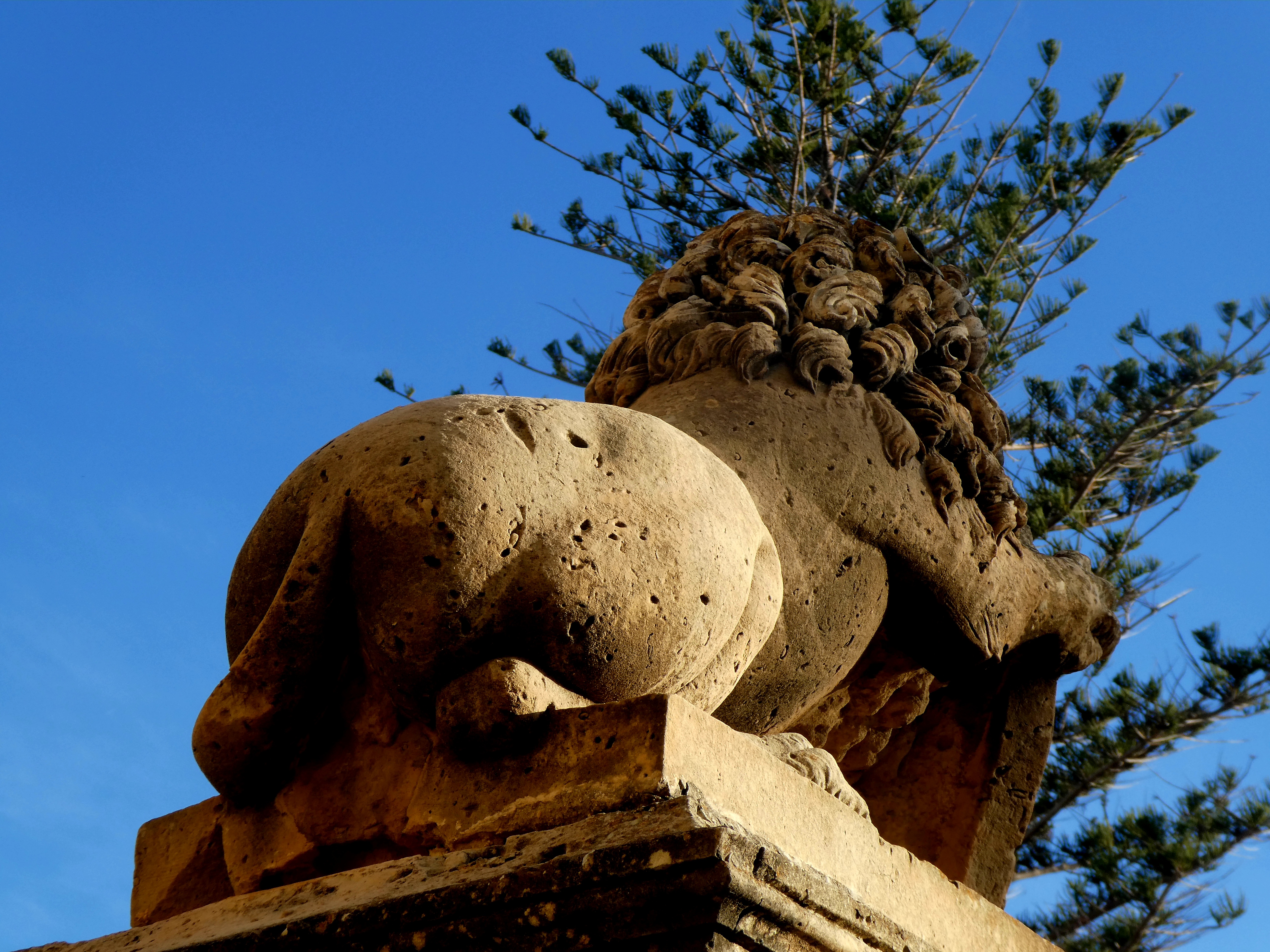This blogpost was co-authored by Maria Irena Szawerna and Ricardo Muñoz Sánchez.
Although the trip took them not to, but away from the colder regions, EACL 2024 was certainly a magical experience for the attendees from Språkbanken Text. Held in St. Julian’s, Malta between the 17th and the 22nd of March 2024, the event was one of the major conferences organized by the Association for Computational Linguistics. Three of Språkbanken’s very own have had the opportunity to contribute to and participate in the conference: two PhD students in Language Technology, Maria Irena Szawerna (in her first year) and Ricardo Muñoz Sánchez (halfway into his PhD), as well as one of their supervisors, Elena Volodina. What made their experience all the more intense was that all three of them were involved in the organization of the CALD-pseudo workshop.
Ricardo and Maria have now taken some time to reflect over the week that they spent in Malta.
‘Whenever I had to explain the concept of fan conventions to someone, I said it’s like a conference for geeks,’ says Maria, for whom EACL 2024 was the first in-person conference, and the first conference of this size. ‘EACL was definitely like a fan convention for computational linguists, in the best sense of that phrase! It was very inspiring to witness the scope and breadth of topics presented, and it was extremely exciting to meet all of the other researchers, especially those in my field or those interested in what I am working with.’
‘I think that conferences always present a good opportunity to meet new and interesting people, both in the social and in the professional aspects,’ notes Ricardo. ‘Here at EACL we encountered both old friends and acquaintances I had met previously either at conferences or other events, but we also made new ones. While this is important partly from the social point of view, it also opens the door to new collaboration opportunities.’
Both of the PhD students agree that the first edition of the CALD-pseudo workshop was the most important part of the conference for them, as they had not only worked on its organization for the previous few months, but they also submitted a paper each. ‘It was amazing to see our work come to fruition and to meet all the people who are so enthusiastic about the topic that we are working with!’ notes Maria. ‘It is good to see a community form around this topic, I hope next editions of the workshop see an even higher attendance!’ adds Ricardo.
Ricardo’s contribution to the workshop was concerned with investigating how various associations that people may have about given names could affect the performance of an automatic essay assessment system, yielding some insights into the effects that the replacement of names in the process of pseudonymization may have on downstream tasks. ‘We have seen again and again how language models tend to pick up human-like biases and that these affect how deep learning models behave,’ explains Ricardo. ‘Most of these works have focused on biases surrounding (binary) gender and race as a white/black issue. We wanted to check whether the perceived ethnicity of a name changed how these essays were scored, which would be a huge issue when dealing with pseudonymization. Thankfully, that did not happen in this case.’
Maria’s presentation for CALD-pseudo focused on a somewhat novel approach to the detection of sensitive elements in texts on the basis of the SweLL-pilot corpus. ‘It was both scary and exciting to present,’ says Maria, noting that the advice she has gotten from some of the audience members will be very relevant to her future research. ‘I have also definitely written down bits and pieces from other participants’ presentations — these were just the things I was planning to cite in another upcoming paper!’ she adds. CALD-Pseudo was not the only place where Maria presented, though. Her poster about part-of-speech tagging historical Polish attracted some interest at the Student Research Workshop poster session. ‘I was surprised to see so much interest in my rather niche topic,’ she admits ‘and I thoroughly enjoyed discussing what was my Master’s thesis research.’
However, presentations and poster sessions were not the only activities that Ricardo and Maria participated in. They had time to mingle at the welcome reception and conference dinner and even make a few short trips around the island with the newly met company. ‘Despite its small size, Malta is a country dense with history and with beautiful landscapes. The medieval cities of Valletta and Mdina (with its entrance guarded by stone lions) were amazing, but we also got a chance to see the monolithic temples at Ħaġar Qim and Mnajdra, and to do a short trip to the island of Gozo,’ mentions Ricardo.
Both of the PhD students agree that EACL 2024 has been an unforgettable and enriching experience. ‘I think we both feel not only validated but also inspired and motivated to continue our research,’ says Maria.


